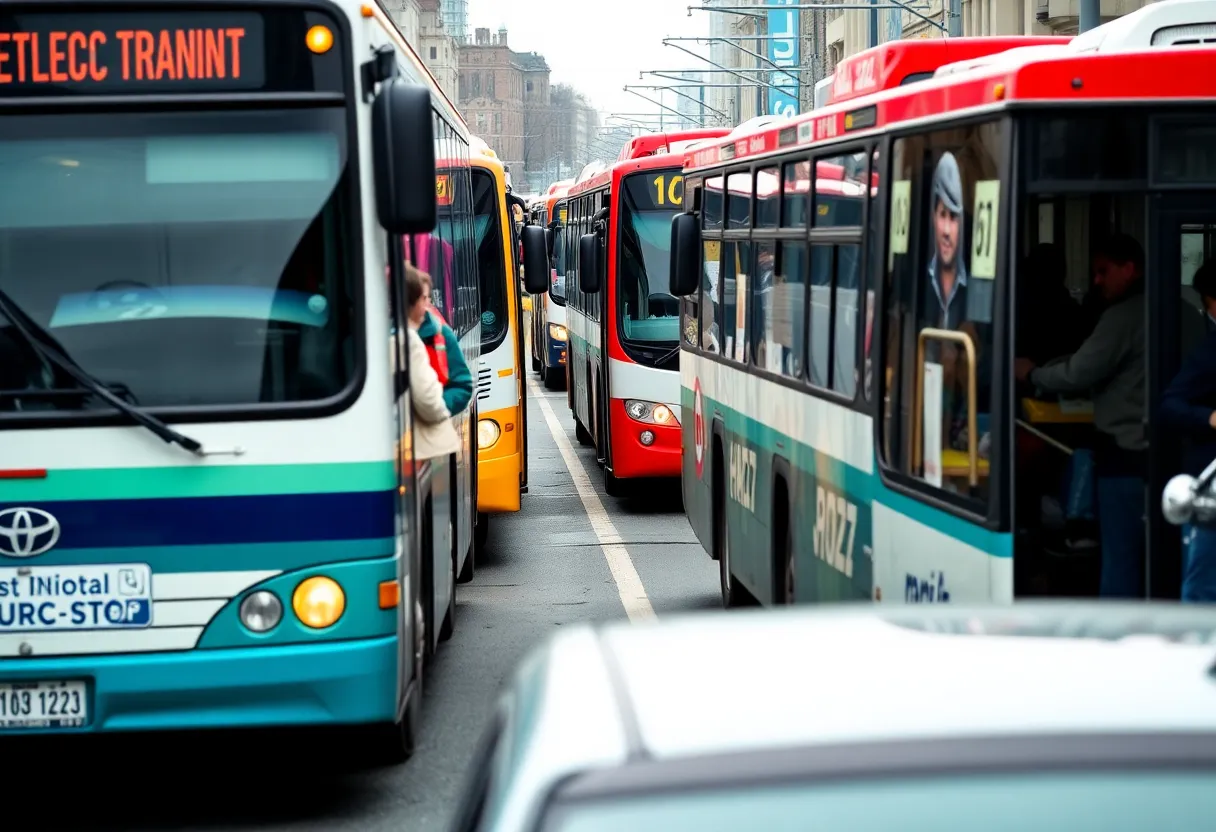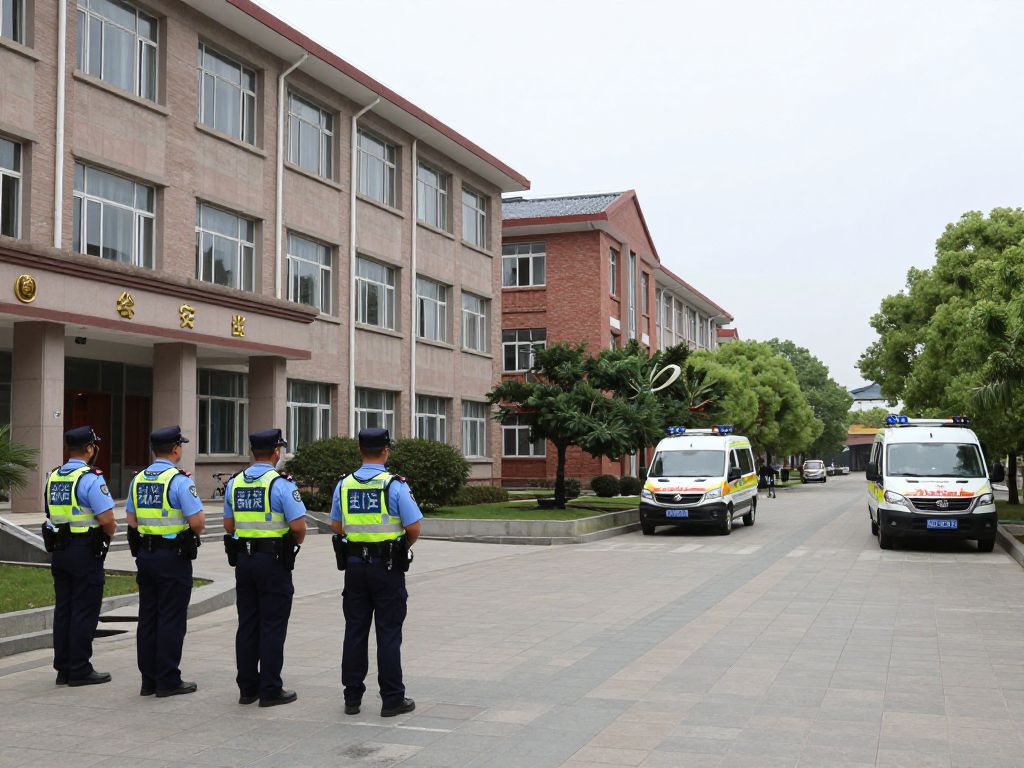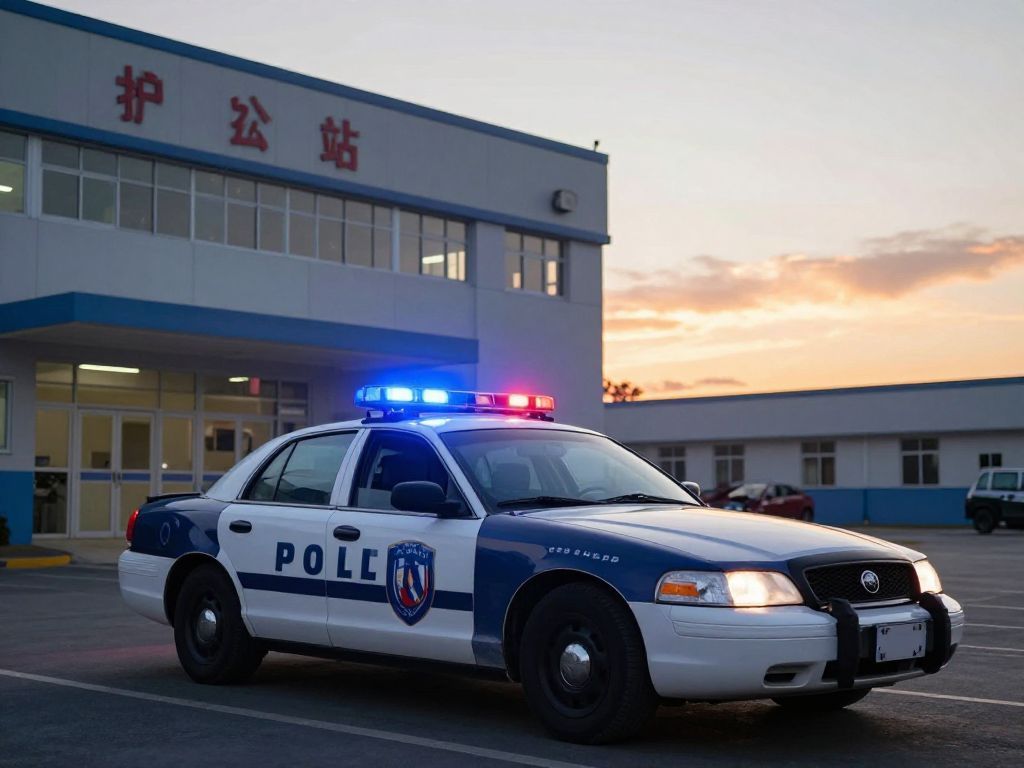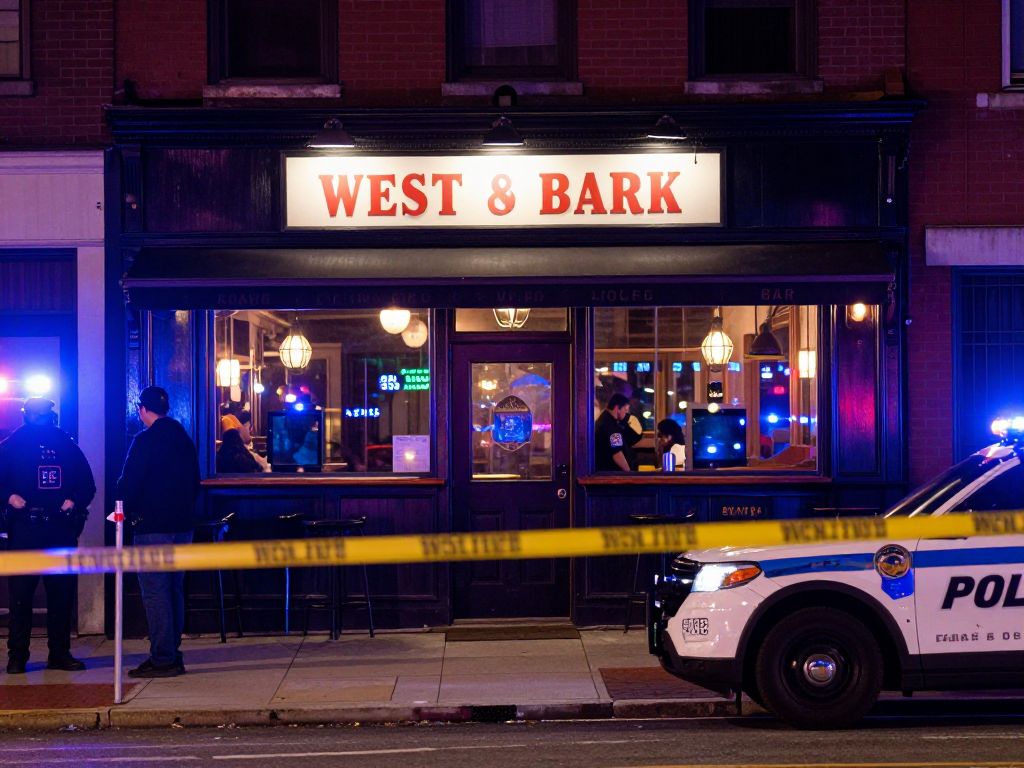News Summary
The Pennsylvania House of Representatives has approved Governor Josh Shapiro’s budget proposal, allocating $292 million for public transit. This funding aims to support 52 transit systems, especially critical for Pittsburgh Regional Transit facing a $100 million deficit. The measure, which received bipartisan backing, reallocates existing funds without imposing new taxes. This initiative seeks to prevent service cuts and maintain daily transit access for over one million users across the state, while also establishing a Transportation Funding Advisory Commission for future strategies.
Pennsylvania – The Pennsylvania House of Representatives has approved Governor Josh Shapiro’s budget proposal for the upcoming fiscal year, which includes a significant $292 million investment in public transit funding. This decision, which received bipartisan support in a 107-96 vote, aims to benefit 52 transit systems throughout the state amid concerns of impending service cuts.
This funding represents the fourth instance where the Pennsylvania House has advanced more robust transportation funding measures. Governor Shapiro highlighted the importance of the proposal, stating that it will inject essential funds into public transit while also providing additional financing for road and bridge repairs. The urgency of these steps is underscored by the impending challenges faced by transit authorities.
Pittsburgh Regional Transit (PRT) stands to gain $40 million from the approved budget, a crucial allocation that could stave off significant service cuts. PRT has projected a staggering $100 million deficit for the coming year. Without supplementary funding, this deficit could lead to a range of service reductions, including cut routes, eliminated stops, fare increases, and diminished service levels.
The funding is part of the Public Transportation Trust Fund Transfer Act, which was introduced by Representative Ed Neilson. This legislation aims to bolster mass transit funding by nearly $300 million across all 67 counties in Pennsylvania. Importantly, the proposal does not impose new taxes; it instead reallocates existing funds and modifies the current sales tax percentages dedicated to public transit from 4.4% to 6.15%.
This amendment to the sales tax is poised to facilitate an estimated $1.5 billion injection into public transit funding over the next five years. Additionally, the bill seeks to establish a Transportation Funding Advisory Commission tasked with developing a comprehensive funding strategy by January 1, 2026, further ensuring regulated and fair distribution of transit resources.
Concerns also loom for the Southeastern Pennsylvania Transportation Authority (SEPTA), which warns of potential service cuts and fare hikes stemming from persistent funding shortages. The authority has referred to this crisis as a looming “transit death spiral,” indicating that without immediate action, they may face declining ridership and increased operational challenges.
The intention behind the funding proposal is to safeguard existing jobs within transit systems while enabling a shift from cost-cutting to investment in public services. This strategy aligns closely with efforts championed by the House Democratic Caucus to repair and maintain essential road and bridge infrastructure throughout the state.
In light of these developments, SEPTA’s Board is poised to vote on the budget proposal on June 26, 2025, reflecting the critical nature of these discussions. As the state constitution mandates that the budget must be finalized by June 30, timely action is paramount to address the financial difficulties faced by transit systems.
The implications of this funding are far-reaching, supporting over one million daily users of public transit across the state. Ensuring continued access to these essential services is vital for fostering economic activity and connectivity within communities statewide.
Deeper Dive: News & Info About This Topic
- CBS News: Pennsylvania Senate Transit Funding Bill
- Google Search: Pennsylvania transit funding
- NBC Philadelphia: Pennsylvania House Transportation Funding Bill
- Encyclopedia Britannica: Pennsylvania transit
- Inquirer: Pennsylvania Transit Agencies State Funding
- Google News: Pennsylvania transit funding
- Tribune-Democrat: PA House Approves Transit Funding Increase
- Google Scholar: Pennsylvania public transit
- Post-Gazette: Pennsylvania House Transit Bill
- Encyclopedia Britannica: Public transit

Author: STAFF HERE PHILADELPHIA WRITER
The PHILADELPHIA STAFF WRITER represents the experienced team at HEREPhiladelphia.com, your go-to source for actionable local news and information in Philadelphia, Philadelphia County, and beyond. Specializing in "news you can use," we cover essential topics like product reviews for personal and business needs, local business directories, politics, real estate trends, neighborhood insights, and state news affecting the area—with deep expertise drawn from years of dedicated reporting and strong community input, including local press releases and business updates. We deliver top reporting on high-value events such as Mummers Parade, Philadelphia Flower Show, and Thanksgiving Day Parade. Our coverage extends to key organizations like the Greater Philadelphia Chamber of Commerce and United Way of Greater Philadelphia, plus leading businesses in telecommunications, food services, and healthcare that power the local economy such as Comcast, Aramark, and Children's Hospital of Philadelphia. As part of the broader HERE network, we provide comprehensive, credible insights into Pennsylvania's dynamic landscape.





